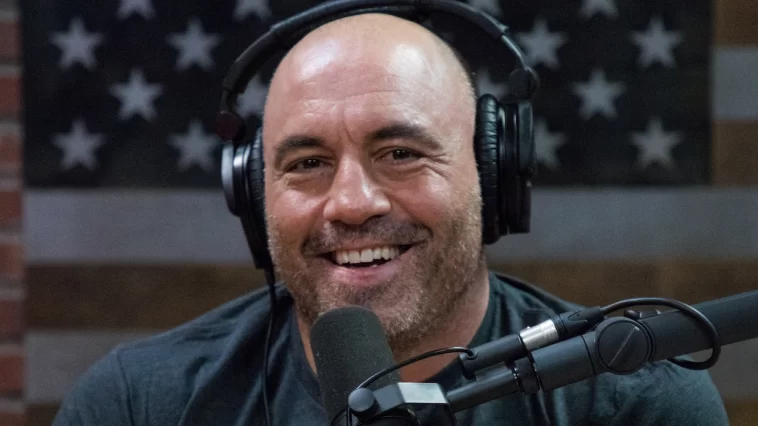Podcast host Joe Rogan has accused mainstream media of orchestrating what he calls the “greatest psychological operation in history” to discredit President-elect Donald Trump. Speaking on a recent episode of The Joe Rogan Experience, Rogan claimed that major media outlets systematically worked to reshape public perception of Trump as a uniquely dangerous figure, creating a false narrative that served political ends.
From Media Darling to Adversary
Rogan pointed out the stark contrast in media coverage of Trump before and after his entry into politics. “He was celebrated in pop culture, featured on talk shows, and praised as a successful businessman,” Rogan noted. “Then, overnight, he became the most hated man in America. That’s not a coincidence—that’s strategy.”
Rogan argued that this shift was part of a deliberate effort to undermine Trump’s influence and ensure that his policies and leadership were seen as a threat. The media, Rogan claimed, played a central role in magnifying controversies and framing Trump as polarizing, often disregarding the positive aspects of his presidency.
The Role of Alternative Media
Rogan also highlighted the role of independent media platforms in challenging this narrative. He praised the rise of podcasts, social media, and other alternative channels that have disrupted traditional media’s grip on public discourse. “People are waking up to the manipulation,” he said. “The old guard doesn’t control the narrative anymore.”
Rogan credited alternative platforms with giving voters access to unfiltered information, which he believes played a key role in Trump’s 2024 victory. He suggested that these platforms provide a counterbalance to what he views as the biases of mainstream outlets.
Criticism of Media Bias
Rogan’s comments have reignited debates about media objectivity and influence. Supporters of his view argue that traditional media outlets often exhibit clear political biases, particularly in their coverage of Trump. Critics, however, contend that Rogan’s assessment oversimplifies the complex dynamics of media and politics, and accuse him of promoting conspiracy theories.
The controversy comes as public trust in mainstream media continues to decline. Recent surveys indicate that more Americans are turning to alternative sources for news, citing concerns about accuracy and impartiality in traditional outlets.
Broader Implications for Public Trust
Rogan’s remarks underscore a larger trend: the diminishing influence of legacy media and the growing skepticism among audiences. As independent voices like Rogan continue to gain prominence, the question of who shapes public opinion—and how—becomes increasingly critical.
Rogan’s critique reflects a broader cultural moment, where distrust in established institutions is at an all-time high. Whether one agrees with his perspective or not, his comments highlight the shifting dynamics of media power in the digital age and the ongoing struggle to define the truth in an era of competing narratives.
VIDEO Below
ROGAN: “What you’re seeing with Trump, regardless of flaws, is a massive concentrated PsyOp. They’ve distorted who he is … It’s all a f*cking illusion.”
Full Episode (#2236): @joerogan pic.twitter.com/dF4zCTWNkM
— Chief Nerd (@TheChiefNerd) November 29, 2024


